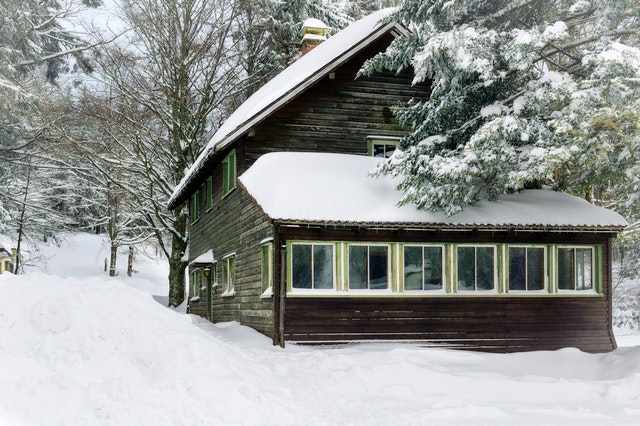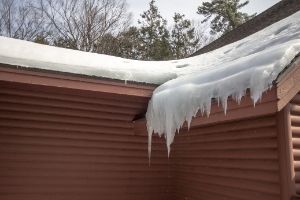As the nights…and days…grow colder across the country, people begin to fire up their furnaces and space heaters.
However, an unfortunate side effect to heating our homes is the increase in house fires.
According to the National Fire Prevention Agency (NFPA), December, January and February are the most hazardous months of the year; with most house fires taking place during this time.
Read More




